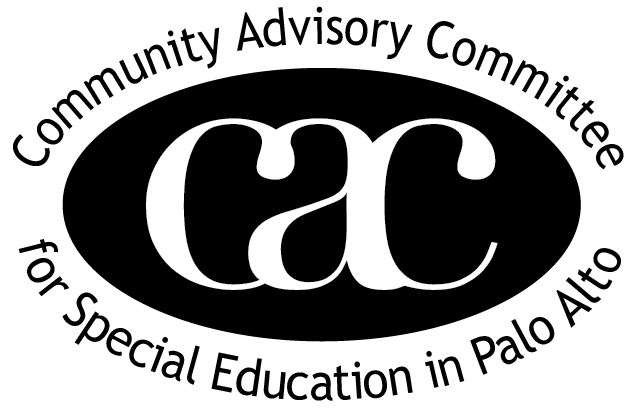(Under Reports, Item H: Special Education: Reviewing and Expanding Continuum of Services. This includes a report on NPS (Non-Public School) Placements & related support programs.)
CAC Comments to the Board
December 10, 2019
Dear PAUSD School Board Members, Superintendent Austin, Ms. Ofek, Ms. Brown, Ms. Loleng-Perez and Ms. Baker,
The Palo Alto CAC appreciates the opportunity to respond to PAUSD’s report reviewing and expanding the continuum of services for Special Education. We are all concerned about the growing number of students and the commensurate expense to educate in restrictive and costly settings outside PAUSD. But students do not just wake up one day and head to an outside placement. And students do not just fail to meet state standards upon testing. There is a long trail that precedes such an outcome — some particular and personal to the student, and others attributable to district services and supports.
Staff conducted a program-level review of PAUSD’s service continuum for our most vulnerable students, and we welcome the recommendations to improve and invest in Special Education. We hope this reflects a clearer understanding of the underlying causes of classroom behavior and the need for earlier, appropriate interventions. The closer collaboration of General and Special Education has yielded these specific program options, which were also called for in both the 2016 Hehir-Harvard Report and the 2018 Special Education Vision Plan. Increasing the district’s options to retain more students in our local schools, improves PAUSD’s ability to educate in the least restrictive environment (LRE). The CAC has long advocated for effective, evidence-based instruction so as to avert the escalation of social, emotional, behavioral challenges and crisis interventions, and most importantly so we have favorable student outcomes. A link to our prior comments and staff’s presentation on the matter is here: https://cacdev3.wpengine.com/pausd-special-education-update-review-recommendations-and-cac-response/
Our CAC fully supports inclusion, so it is heartening to see this fuller continuum of support for moderate-to-severe students in Special Education. Nonetheless, inclusion considers a person, not just a place. Cost information about placements is helpful, but cost alone doesn’t give us a sense of the actual need, or effective return. With out-of-district placement costing three times more than the norm, this report might come off as seeking to provide the services mainly for expense control. We heard tonight this is not the case.
We believe the current cohort of secondary students (especially those in NPS) encountered PAUSD’s “Full Inclusion Efforts”. The reduction of PAUSD’s special-day classes beginning in 2011 was accomplished by mainstreaming many students with 1:1 aides and limited General Education teacher support. We maintain that some of today’s NPS placements (for Autism, Dyslexia or Mental Health conditions) may have been averted with proper instruction and support. For students and teachers to be successful, the resources they need must be made available. Therefore, we request a fuller implementation plan detailing these five service options that includes embedded supports (like educator coaching, co-teaching, aides, and mental health-related services) and an explicit discussion of the budget, timeline, high-quality educators, enrollment by age and disability, and expected program size. We were happy to learn that three programs will launch in Fall 2020, with the other two to follow.
Information on reintegrating the “103” students currently in an NPS/outside placement was not articulated in this report. Is this plan simply to reduce new out-of-district placements? Or, how and when might students be selected/invited to re-integrate? Can their services be replicated with fidelity, and will they make the same progress on their IEP goals? And will we attend to the social-emotional impact of NPS placement on the student and their family?
With the current number and mix of students in outside settings, the district may well have the critical mass to warrant hiring the specialists we’ve needed all along. CAC has often pointed to NPS as a proxy for a flawed inclusion strategy and incomplete service continuum. The CDE expects <4% LRE Rate for separate school placement, but these 103 students represent 8.6%. So perhaps the time is right with PAUSD’s enrollment declining, and NPS expenses increasing.
CAC does support this expansion of services and the continuing collaboration of General and Special Education — in fact, we have been asking for this. And certainly the last thing we want to see is an increase in legal expenses as the remedy for reducing NPS and settlement expenses. So let’s proceed to a plan, put these good ideas into practice, and dollars to work.
Respectfully,
Kimberly Eng Lee and Adriana Suvaiala
Co-Chairs for the Palo Alto CAC
